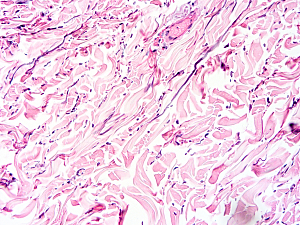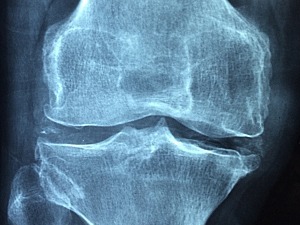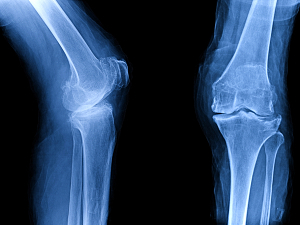Immunoprofiling Can Identify Immune Cell Abnormalities, Guide Care for Patients With Unusual Inflammatory Disease Presentations

Alisa Mueller, MD, PhD, Takanori Sasaki, MD, PhD, Deepak Rao, MD, PhD, and colleagues have demonstrated that for patients with unusual autoimmune or inflammatory conditions, cellular and transcriptomic immunophenotyping can serve as complementary diagnostic tools and guide treatment decisions.
Read More...






